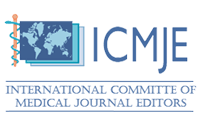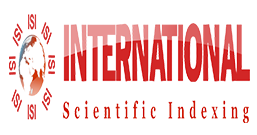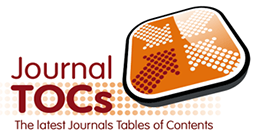Determinants of Employment Among Well-Educated Refugees Before and After the 2007 U.S. Economic Recession
Monty Fakhoury, Jolin B. Yamin, Judith E. Arnetz, Bengt B. Arnetz
Affiliation
- 1Department of Family Medicine, College of Human Medicine, Michigan State University, East Lansing, Michigan, USA
- 2International Society of Iraqi Scientists, Michigan, USA
- 3Beamount Hospitals, Cancer Section, Michigan, USA
- 4Department of Public Health and Caring Sciences, Uppsala University, Uppsala, Sweden
Corresponding Author
Hikmet, J. Jamil, Department of family Medicine, College of Human Medicine, Michigan State University, 7375 Woodward, Suite 1520Detroit, MI 48202, USA, Tel: (313) 309-1645; E-mail: Hikmet.Jamil@hc.msu.edu
Citation
Jamil, H., et al. Determinants of Employment among Well-Educated Refugees before and After the 2007 U.S. Economic Recession. (2016) Lett Health Biol Sci 1(1): 12- 17.
Copy rights
© 2016 Jamil, H. This is an Open access article distributed under the terms of Creative Commons Attribution 4.0 International License.
Keywords
Abstract
Little is known about how the overall employment conditions in a country impact the likelihood of employment of newly arrived refugees. In the current study, we compare employment and determinants of employment of highly educated Middle Eastern refugees to Michigan that arrived before and after the 2007 recession. We also look at self-reported barriers to employment. Results show that the general downturn of the economy made it substantially more difficult to secure employment, even for well-educated refugees. Thus, before the economic downturn, 22.9 % of refugees were unemployed as compared to 55.1 % once the recession had set in (p < 0.01). There were also substantially more self-reported barriers to employment after the economic downturn. The study points to the importance of understanding both individual characteristics and the general employment conditions in the new host country when studying variation in refugee employment success.












